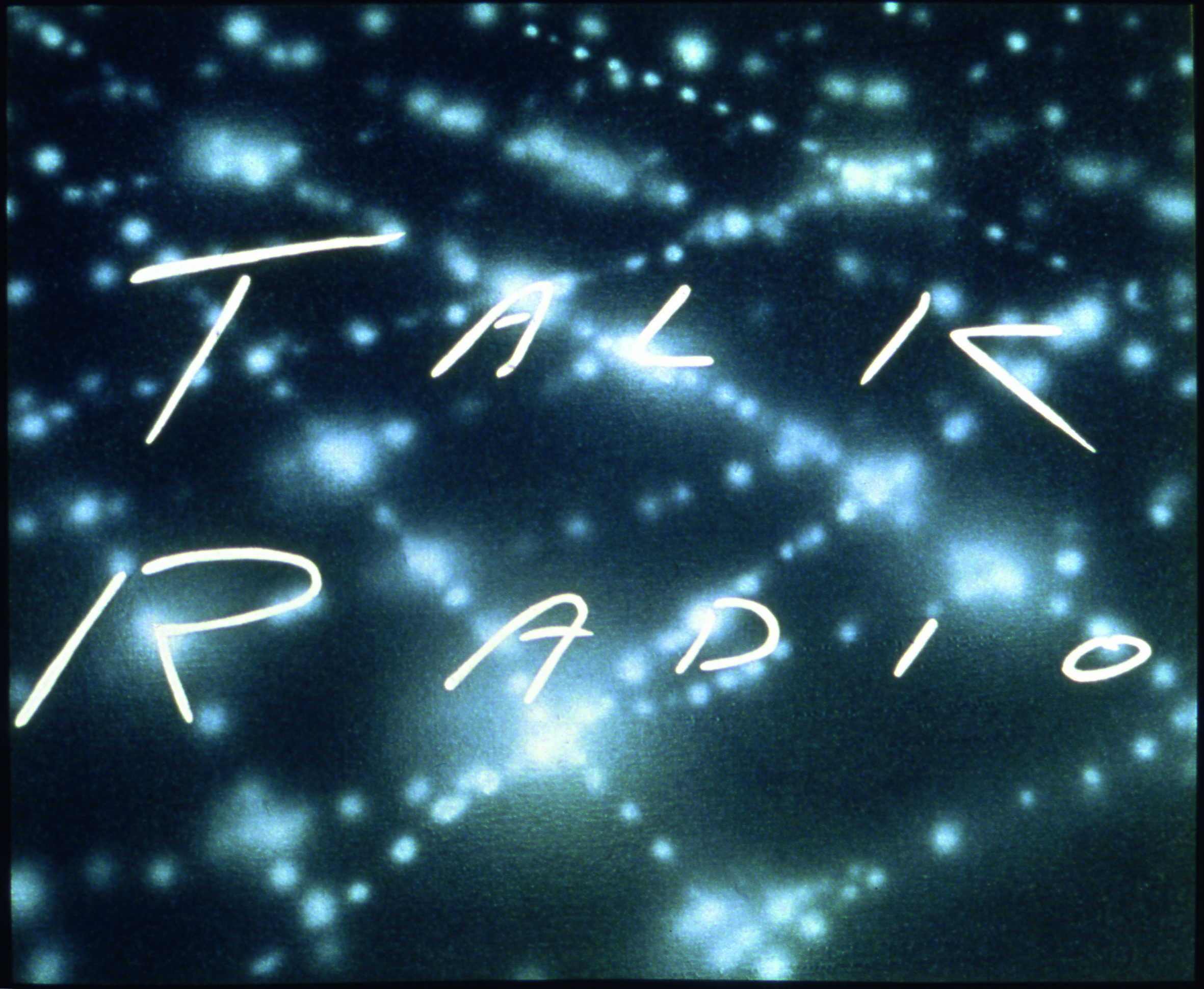LISTEN TO THE SHOW
Read Edgar Allan Poe's “Dream-Land” even just once and discover that it’s not at all clear if this land of dreams is the place from which the speaker has come, or is, rather, his longed-for destination — or if indeed it is the very mode and means and route endured along the way. Subject and object, both; content and form likewise; it is the process that demonstrates the importance of desired ends. “Thule,” a northerly, arctic/Scandinavian sort of zone,[1] is apparently an origin "from" which the speaker has traveled, but it is also apparently “it” — a “wild clime” neither geographical nor temporal, “Out of SPACE— out of TIME.” And “it” is also a space through which one passes.
Thomas Devaney, John Timpane, and Jerome McGann greatly admire what Poe achieved here. For them it is a matter of a sort of wild control. The poem seems to go where it will (and that’s its point) but the speed — as matter of tongue, teeth and lips saying its words — is managed at the level of the line. The poem is intensely languaged, as is the selfhood of the “I” whose journey is always already the poem. And so this work, as an act of writing, far transcends its Gothic conventions.



